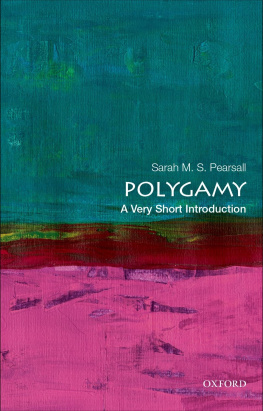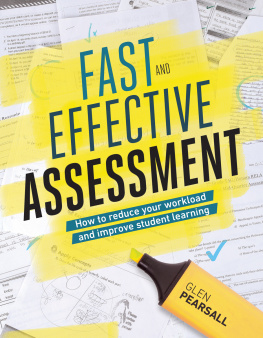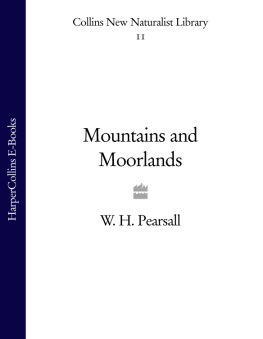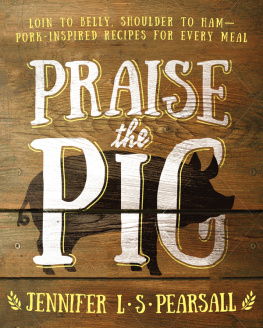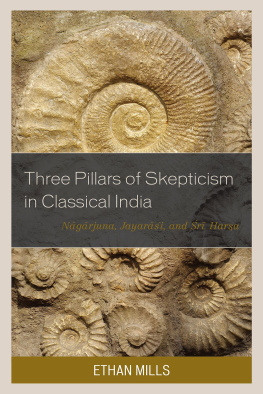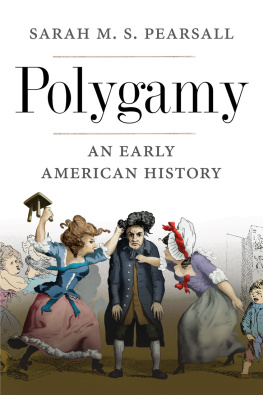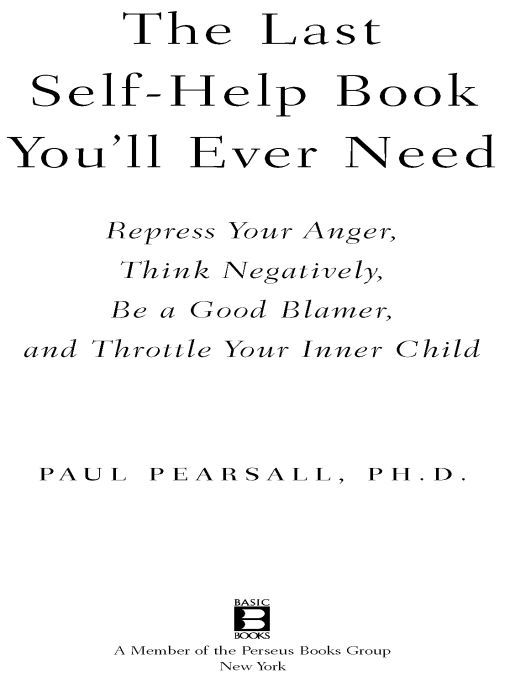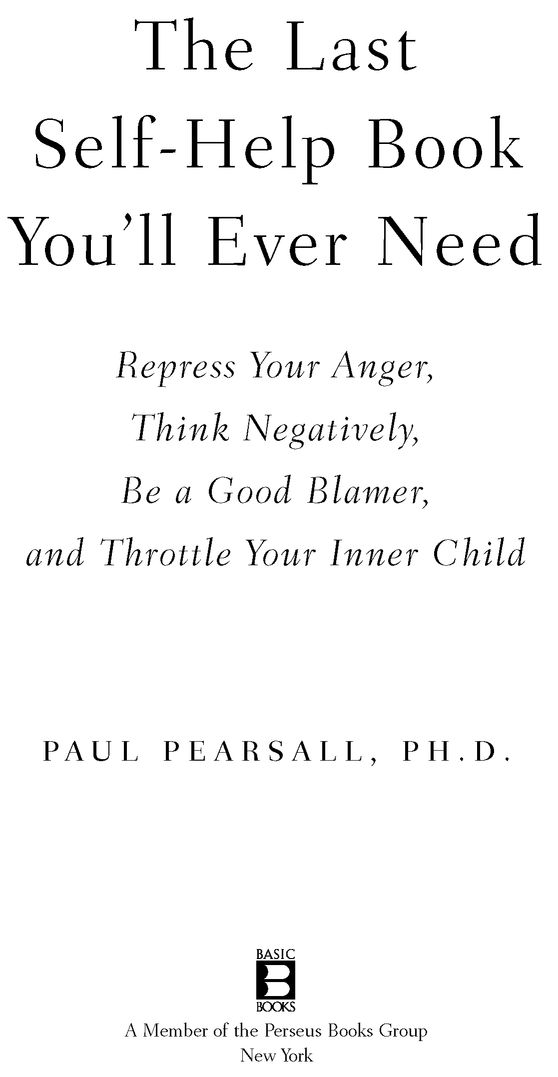Table of Contents
ALSO BY PAUL PEARSALL
Super Immunity: Master Your Emotions and Improve Your Health
Super Marital Sex: Loving for Life
Super Joy: Learning to Celebrate Everyday Life
The Power of the Family: Strength, Comfort, and Healing
Making Miracles
The Ten Laws of Lasting Love
A Healing Intimacy: The Power of Loving Connections
The Pleasure Prescription:
To Love, To Work, To Play, Life in the Balance
Write Your Own Pleasure Prescription
The Hearts Code: Tapping the Wisdom and Power of Our Heart Energy
Wishing Well: Making Your Every Wish Come True
Partners in Pleasure:
Sharing Success, Creating Joy, Fulfilling Dreams... Together
Miracle in Maui: Let Miracles Happen in Your Life
Toxic Success: How to Stop Striving and Start Thriving
The Beethoven Factor: The New Positive Psychology of
Hardiness, Happiness, Healing, and Hope
With aloha
for my wife, Celest, my sons, Scott and Roger,
my mother, Carol,
and in loving memory of my father, Frank
Acknowledgments
There are few better examples of the limits of personal power than writing a book. Without the interpersonal power of the love of my wife, Celest, and my sons, Scott and Roger, I would not be alive to write this one. Without the wonderfully chaotic family life forged by my mother, Carol, and my late father, Frank, whose spirit still enlivens my soul, my brother, Dennis, and I would not have grown to realize that us-help always trumps self-help. Without the aloha of my entire Hawaiian ohana (family) Kuhai Halau O Kawaikapuokalani Pa Olapa Kahiko and its totally selfless way of living, loving, and working, I may never have fully understood the ancient wisdom of oceanic thinking, which renders the ideas of self-fulfillment absurd. In Hawaiian, I say o wau iho no, meaning I express my loving sincere appreciation to all of you.
I was afraid this book might never find its way to shelves. Because it takes exactly the opposite view of the ideas that sell millions of books, the famous authors who write them, and the popular psychology that has become the new religion in the United States, I wondered whether any publisher would take the risk of challenging the powerful self-help industry. I had almost given up on submitting the manuscript to a publisher when the daring Jane Dystel and her colleagues Jessica Papin and Michael Bourret at Dystel & Goderich Literary Management came to my rescue. When the scientifically skeptical editor Jo Ann Miller of Basic Books expressed her eagerness to jump into the fray with me in questioning the platitudes of pop psychology, I was honored and thrilled. When I met with Basic Books Ellen Garrison in Hawaii following my address to the American Psychological Associations annual meeting, I could see that her enthusiasm for the project would translate into thorough editing that would help craft the final product. I owe an enduring debt to all these courageous people. I hope all of you are as proud of this book as I am of you.
There are too many others to name here to whom I also owe a profound debt of gratitude. All the scientists whose research I quote in this book have toiled for hundreds of hours, largely in anonymity, to present research-based paths to well-being. Their work is usually found in journals rather than on the self-help shelves, and is presented at scientific meetings rather than on television talk shows; but if we pay attention to what they have discovered and how they approach the mysteries of the human mind, we can find not only valid answers to our questions but also enlightening new questions to ask. I have simplified their work to make it accessible to a wide audience, and I apologize for any errors caused in that process.
I have learned much from all of you, but perhaps most of all Ive learned that I was right in the central premises of this book. None of us can really ever help ourselves. The real power is not personal but interpersonal. The good life is an illusion, but a shared good one is ours for the having when we realize that our problems and strengths do not rest within us. They resonate between us.
Paul Pearsall, Ph.D.
Honolulu, Hawaii, 2005
INTRODUCTION
A Science of Well-Being
Life used to be so simple before we all started reading about how to live it.
BEN WYLD
SELF-HELPLESS
Sixteen years ago, I was gravely ill with Stage IV lymphoma. I feared I was going to die, my doctors thought I would, and my family did all they could to avoid accepting that I would. In a clinical sense, I did die; my vital signs were so weak that life was barely sustained.
Like many critically ill people, I panicked. I wanted a sure guide, a plan for healing, a way to help myself both physically and mentally. Even though I had been a scientist and clinical psychologist for almost twenty years, the terror of my illness caused me to seek the kind of certainty that scientifically based psychology seldom offers. I wanted somethinganythingthat could help me retain control of my destiny. I abandoned my scientific thinking in favor of slickly packaged promises and programs that offered exactly what I wanted to hear. I entered the world of self-help.
The seductiveness of self-help books appealed not just to me but to my friends and family, all of whom were desperate to help me. Almost every day, I was presented with another new program or technique, and I ended up with more than fifty half-read how-to-heal books and tapes shoved under my bed, each to be displayed when the person who sent it visited. The books actually began to interfere with the operation of my hospital bed.
But strangely, the more self-help ideas I was given when I was sick, the more pressured and helpless I began to feel. Whats wrong with me? I wondered. All this tried-and-true wisdom and I cant benefit from it? Why did the philosophy behind self-help seem so obvious to everyone but me? With all the pain and death surrounding me on the cancer ward, the prescriptions for a positive attitude, for mind over matter, and for unwavering hope began to ring hollow and to feel almost sacrilegious. The self-help mantras were failing to provide the three things I needed most: meaning, comprehension, and management. Traditional psychology has shown that this is what constitutes the sense of coherence essential to real self-help. Why couldnt I do what millions of self-helpers said they did? Was I a self-help failure?
When a nurse said, These books are really getting in the way, the metaphor was not lost on me.
FAST FOOD FOR THE HUNGRY SOUL
The self-help genre is based on applying sound psychological principles to our daily livesbased, in other words, on science. But in recent years it has become its own industry, dislodging itself from that firm anchor. Research-based psychology is being ignored. Psychotherapy is now almost exclusively for those who are really sick, and self-help serves the masses of worried well as a psycho-morality of living, loving, and working. We are all looking for the good life, but we have become psychologically myopic. The tenets of self-help are now so ubiquitous that they are no longer questioned: Everyonefrom politicians and professors, from teachers to talk-show hostsparrots the platitudes of self-empowerment as if they were every bit as scientifically tested as the laws of physics. But, as I will show, they are not only wrong, they are harmful. The unsubstantiated prescriptions, programs, guarantees, and gurus of self-help stand in the way of our fulfilling our true potential for satisfaction and happiness.


